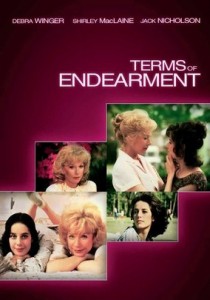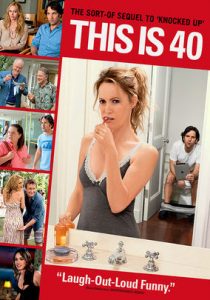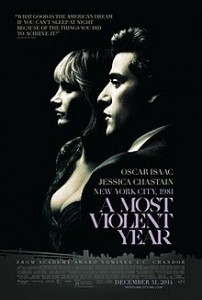Taxi Driver-1976
Director Martin Scorsese
Starring Robert De Niro, Cybill Shepherd, Jodie Foster
Top 250 Films #130
Scott’s Review #776
Reviewed June 20, 2018
Grade: A
It is incredibly tough to choose a favorite of all Martin Scorsese films since nearly all of them are incredibly well made.
Goodfellas (1990), Raging Bull (1980), and Taxi Driver (1976) immediately come to mind. Taxi Driver may be Scorsese’s darkest film of all.
The thriller is intense, dangerous, and ferocious led by a riveting performance by Robert De Niro- a regular in the director’s earlier films. The film is nail-biting and compelling and a great, character-driven watch.
Set in the bustling and (at that time) decrepit New York City shortly following the Vietnam War, Travis is a veteran suffering from some degree of post-traumatic stress disorder. Lonely and angry, he works as an overnight taxi driver who falls for a snooty presidential campaign worker, Betsy, (Cybill Shepherd).
He also forges a relationship of a protective nature with an underage prostitute, Iris, (Jodie Foster). As he gradually spirals out of control due to the unhappiness surrounding him, he plots to kill Betsy’s boss while protecting Iris from her pimp (Harvey Keitel).
One great aspect of Taxi Driver is the insanely good performance by De Niro. Along with the later role of Jake LaMotta in Raging Bull, that and his role of Travis Bickle are my two favorite roles of his. With Bickle, he is unpredictable, on edge, and angry, as De Niro infuses the character with those qualities in a seamless fashion.
As he teeters on the brink of insanity and is ready to snap at any given moment, the character is impossible not to watch with both fear and marvel. De Niro is that brilliant.
While not to be outdone by the aforementioned negative and dangerous qualities, Travis also possesses a few benevolent traits making the character complex. In large part, this comes into play with the protective nature he develops towards Iris.
Almost like a big brother/kid-sister dynamic, the deranged man treats her with kindness rather than taking advantage of her as he easily could have. The diner scene the two actors (De Niro and Foster) share is rich with interesting dialogue and bonds the characters together.
Travis also harbors love and hate emotions towards Betsy (Cybill Shepherd). As she is a political volunteer for a potential presidential candidate, Travis first encounters her by way of spying on her through large glass windows where she works.
Coaxing her to accept a date, they have coffee and eventually attend a film together. Betsy is offended since the film is pornographic and their date goes south fast. After a vicious showdown between the pair at the campaign office, Travis goes off the deep end and plots revenge.
The gritty atmospheric approach that Scorsese provides when filming Taxi Driver is an enormous highlight of the film. Dingy, dark, and dangerous, the director creates ample scenes showing just how seedy New York City was in the 1970s.
Working the night shift, sure to bring out the rancid and most decaying elements of the city, Travis experiences many cretins and undesirables in his work- and arguably is one of them! Many scenes feature the notorious 42nd Street and its accompanying porn theaters that made New York City famous (or infamous!) at the time.
In one of the film’s most frightening (and best) scenes, Travis can get his hands on a gun. He practices drawing his weapon in the mirror repeatedly uttering the famous line “You talkin’ to me?” as we wonder if he will pull the trigger.
The scene is fraught with cerebral tension and quite frightening. Later, when Travis shaves his head and brandishes a mohawk, his new look is downright terrifying.
Scorsese creates a dark world that is enriched by his incredible cinematography and astounding representation of interesting characters in dangerous and unstable times.
Taxi Driver (1976) is a treasure to watch closely and appreciate as a timeless piece of art. Instead of decaying in the vaults of cinema, the film gets better and better with age.
Oscar Nominations: Best Picture, Best Actor-Robert De Niro, Best Supporting Actress-Jodie Foster, Best Original Score




